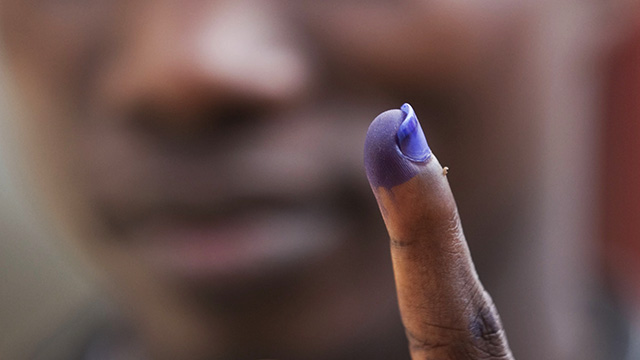Why do we care about elections?
Democracy requires more than elections, but a country cannot be a democracy without holding genuine elections. They are the basis for democratic legitimacy. Elections give citizens a means to hold their leaders accountable by voting incumbents out of office or promising to hold to account those leaders successfully elected. They are a mechanism to peacefully resolve the transfer of political power. Elections are also central to making democracy deliver a better quality of life by linking voters' interests to those in government and allowing citizens to select representatives who reflect their will. Genuine elections contribute to longer-term development goals, laying the foundation for responsive governance.

"When the electorate believes that elections have been free and fair, they can be a powerful catalyst for better governance, greater security and human development. But in the absence of credible elections, citizens have no recourse to peaceful political change."
Kofi Annan
Deepening Democracy: A Strategy for Improving the Integrity of Elections Worldwide,
a report by the Global Commission on Elections, Democracy and Security.
Citizens have a fundamental right to take part in government and the conduct of public affairs of their countries. They have a right to vote and to be elected in periodic elections, without discrimination. The will of the people, expressed through their ballots, provides the basis of authority for democratic government. These concepts are enshrined in Article 21 of the Universal Declaration of Human Rights (Universal Declaration), Article 25 of the International Covenant on Civil and Political Rights (ICCPR) and other international human rights instruments. They are central to the principle that elections belong to the people and are key features of any genuine democracy.
